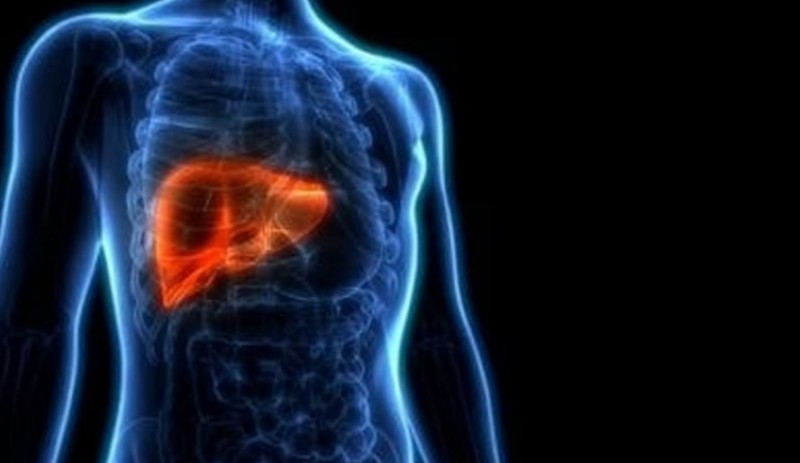
Autoimmune liver disease is becoming increasingly common, affecting individuals across various age groups, even those who maintain simple diets and lifestyles. This disease encompasses conditions such as fatty liver disease, liver infections, and liver tissue damage, which are spreading at an alarming rate. Among these, autoimmune liver disease, also known as autoimmune liver inflammation, is particularly concerning due to its severity and potential complications.
What is Autoimmune Liver Disease?
Autoimmune diseases occur when the body's immune system, which is designed to protect against harmful substances, mistakenly attacks its own healthy cells and tissues. In the case of autoimmune liver disease, this misguided immune response targets liver cells, leading to inflammation. The liver, a crucial organ responsible for detoxifying the body, producing bile, and aiding in digestion, becomes impaired when its cells are under attack. This condition can progress unnoticed until significant damage has occurred, potentially resulting in liver cancer or failure if left untreated.
Why is Autoimmune Liver Disease Dangerous?
The danger of autoimmune liver disease lies in its silent progression and potential to cause severe damage before noticeable symptoms appear. The immune system's malfunction leads it to perceive liver cells as threats, causing inflammation that can severely impair liver function. If not diagnosed and treated early, the inflammation can lead to liver fibrosis (scarring), cirrhosis, and ultimately liver cancer or liver failure. The liver's inability to perform its vital functions can have devastating effects on overall health.
Symptoms of Autoimmune Liver Disease
Identifying the symptoms of autoimmune liver disease early is crucial for effective management and treatment. Common symptoms include:
Muscle Pain: Persistent pain or discomfort in the muscles.
Mild Fever: Low-grade fever that can be mistaken for common illnesses.
Fatigue: Unusual and chronic tiredness or weakness.
Weakness in the Eyes: Deterioration in vision or eye health.
These symptoms are often vague and can be easily overlooked, making it essential to seek medical advice if they persist.
Risk Factors
Several factors can increase the risk of developing autoimmune liver disease:
Genetics: A family history of autoimmune diseases can predispose individuals to autoimmune liver disease.
Gender: Women are more likely to develop autoimmune liver disease than men.
Age: Individuals over the age of 65 are at higher risk.
Other Autoimmune Diseases: Having another autoimmune condition can increase the risk.
Causes of Liver Problems
Liver problems can arise from various lifestyle and dietary factors, including:
Fried and Spicy Foods: High consumption of these can lead to fatty liver disease and inflammation.
Junk Food: Processed foods high in fats and sugars contribute to liver problems.
Alcohol: Excessive alcohol intake is a major risk factor for liver disease.
Preventing Autoimmune Liver Disease
Maintaining a healthy liver involves adopting certain dietary and lifestyle practices:
Plant-Based Diet: Eating a diet rich in fruits, vegetables, whole grains, and legumes can reduce the risk of liver diseases.
Avoid Processed Foods: Limiting the intake of processed and junk foods helps maintain liver health.
Moderate Alcohol Consumption: Reducing or eliminating alcohol intake can prevent liver damage.
Regular Exercise: Physical activity helps maintain a healthy weight and supports liver function.
Routine Health Check-ups: Regular medical check-ups can help detect liver problems early.
Autoimmune liver disease presents a serious health challenge due to its rapid spread and potentially severe outcomes if not managed promptly. Awareness of its symptoms, coupled with proactive dietary choices and lifestyle adjustments, can significantly mitigate the risk and impact of this increasingly prevalent condition. Early detection and management are key to preventing severe complications and maintaining overall liver health.
AstraZeneca Invests Rs 250 Cr to Expand Innovation Centre in Chennai
Pani Puri Cancer Scare: Experts Warn of Health Risks from Artificial Colors
Boost Your Health with Chia Seeds and Lemon Water: A Refreshing and Nutritious Drin